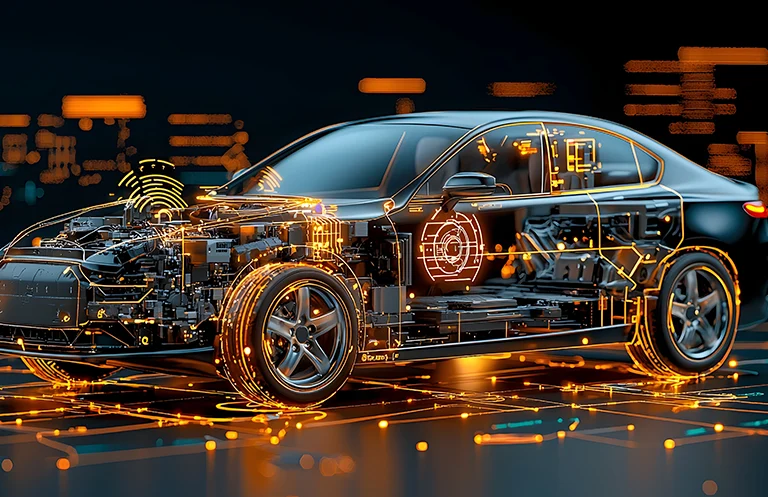IoT has been driving the evolution of wearables devices in the healthcare industry, which is now being known as Internet of Health Things (IoHT), where medical devices and applications are connecting to the healthcare IT system. The Internet of Things in medical devices involves machine-to-machine (M2M) communication and connectivity to a cloud platform through which data generated by devices gets captured, stored, and analyzed.
“The overall wearable AI market is projected to reach USD 42.4 billion by 2023, from USD 11.5 billion in 2018, growing at a CAGR of 29.75% during that period.” (source: MarketsandMarkets)
As the market grows for wearables, bigger players like Apple, Xiaomi, Huawei, Fitbit, etc. are coming up with AI enabled wearable technology, which is now pushing the boundaries of the capabilities in wearables.
AI in wearables is aimed at improving the functionalities and user experience to provide users with real time insights,statistics, along with assistance to make informed lifestyle choices.
AI enabled wearables in healthcare
Wearables in healthcare typically collect the health data, monitor it, and interact with users. It provides timely awareness on various health parameters to the user and physician. For example, real-time health monitoring wearable sensors, fitness wearables, wearables for elderly care, etc.
Wearables in healthcare industry are using AI to improve the quality of life in various ways. Lets take an example of AI-powered diabetic’s eye disease detection from researchers in the Google Brain initiative. In this system, mathematical algorithms, which are based on Deep Learning uses neural networks to learn and perform a particular task by repetition and self-correction.
This mathematical algorithm is trained with over 100 human graded fundus images, which shows various levels of retinal hemorrhage caused due to high blood sugar levels. A severity grade is accredited by the algorithm to each image and then a comparison is done with a previously defined grade from the training set. Parameters are then modified slightly to decrease the error on that image. This process is repeated for each image in the training set many times over, allowing the algorithm to learn how to precisely compute the diabetic retinopathy severity from the pixel intensities of the image for all images in the training set.
Another example is Next generation wearables for blind people, these wearables detect obstacles on user’s path using ultrasounds and notify them about those obstacles so users can safely navigate objects around them.
These were some of the examples of evolved versions of next level medical devices in the healthcare industry. Now lets take a look at how AI is changing the sports industry.
AI enabled wearables in fitness
AI wearables can assist fitness with their routine training activities. Most fitness wearables help the user to track their activities. If a user walks 12000 steps, the wearable device will count the steps and display it. However, the limitation with these wearables is that after a certain point people don’t understand how to utilize the data. AI enabled wearables can not only track the data, but also defines what the user needs to eat, how much they should sleep, and how they should train to improve their fitness among others insights.
Nowadays, wearables are coming in different forms and technology advancement such as Intelligent Voice assistant (Alexa, Siri etc.) integration. Advanced sensors are embedded into these wearables for tracking, analyzing and improving fitness or sport specific activities of users by generating real-time user insights.
Going the extra mile, these smart wearables provide actionable insights to the user to reduce the risk of injuries as well. e.g Smart helmets for bikers, smart glasses, smart watches, fitness bands, yoga pants which assists for correct poses
AI enabled smart Bluetooth Headphones that double up as a fitness tracker are featured with biosensors that detect heart rate, elevation, motion, proximity, and touch. These headphones have AI based personal trainer, which helps in working out in a smarter way by providing real-time tracking of running, cycling and other exercises. Depending on the health parameters, these headphones suggest the ideal path to achieve your individual fitness goals.
To sum up, AI in wearables are pushing the envelope by assisting patients and doctors with remote tracking, precautions, remote diagnostics and helping patients to make informed choices. AI in the fitness industry is empowering devices to become artificial assistants to help the users take care of themselves.
eInfochips has hands-on engineering experience in not only building wearable devices from grounds up, but also in enabling monitoring, diagnostics, analysis, imaging, wearable health, and telemedicine solutions for medical applications. Get in touch with our medical experts to know more.












